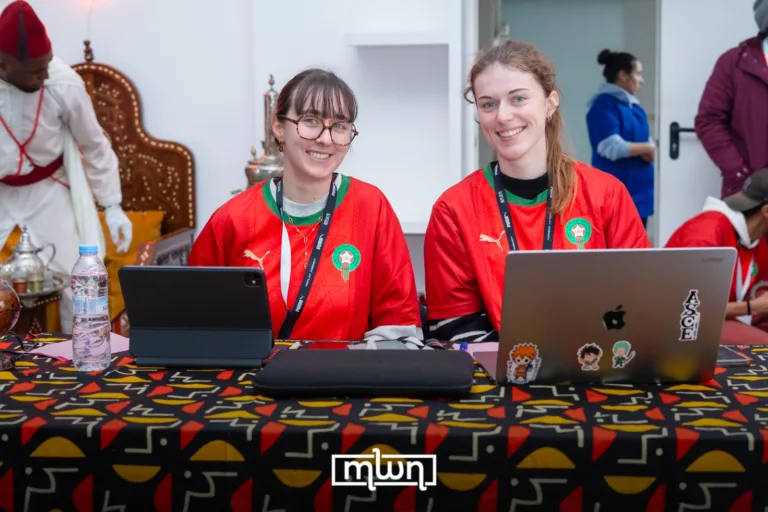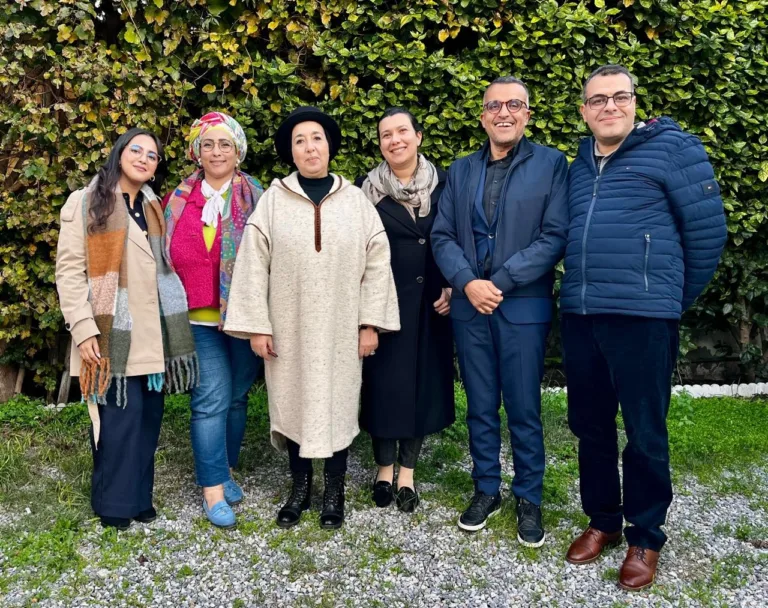Doha – A recent commentary published by the Heritage Foundation argues for a reassessment of US approaches to strategic partnerships in North and West Africa, with a particular focus on expanding cooperation with Morocco.
The commentary, written by Amine Ghoulidi, a Visiting Fellow at the Davis Institute for National Security and Foreign Policy, highlights Morocco’s potential as a key partner in securing long-term American interests in the region.
Ghoulidi points to the recent decision by Niger’s military junta to suspend its military cooperation with the United States as a critical juncture, underscoring the limitations of relying on a narrow set of partners in the region.
He argues that “the United States should prioritize establishing and nurturing partnerships with robust, sustainable partners with shared interests akin to those based elsewhere on the continent.”
The commentary emphasizes the significant strengthening of the US-Moroccan relationship during the Trump administration, which “brokered a historic agreement normalizing relations with Israel and recognizing Moroccan sovereignty over the Western Sahara.”
Ghoulidi notes that these diplomatic milestones, combined with Morocco’s “strong military capabilities, proven counterterrorism cooperation, and strategic location along the Atlantic and the Mediterranean, make it a linchpin for U.S. security efforts in North and West Africa.”
He highlights the annual African Lion exercise, “the largest U.S. Africa Command exercise,” as a testament to the enduring security partnership between the two countries.
The commentary suggests that “leveraging Morocco’s advantages, such as potentially hosting AFRICOM assets recently advanced by U.S. Senator Dan Sullivan (R-AK), could significantly enhance the United States’ crisis response capabilities and regional deterrence.”
Read also: State Department Magazine: US Determined to Boost Bilateral Ties with Morocco
It further argues that “the next administration could build on the trust established during the Trump presidency to negotiate an expanded scope of partnership with Morocco in alignment with both countries’ regional objectives.”
In addition to expanding cooperation with Morocco, Ghoulidi also suggests exploring opportunities for strengthening security cooperation with Mauritania, given its strategic location and counterterrorism experience.
However, he emphasizes the need for the United States to consider its longstanding military ties with European allies such as Spain, which hosts vital assets at the Naval Station Rota and Morón Air Base.
Implementing this shift in U.S. policy will require a concerted effort from the Department of Defense to update its global force posture plans and from the Department of State to intensify diplomatic engagement to forge new or expanded partnerships. Congress must also provide the necessary authorities and resources to enable this adaptive approach.
According to Ghoulidi, “overreliance on a static set of partners leaves the United States vulnerable to disruption while ceding the initiative to great power competitors risks perpetuating instability and undercutting long-term American interests.”
He concludes by emphasizing that “committing to adaptive and sustainable partnerships, such as expanding cooperation with strategically located countries like Morocco and Mauritania,” will help the United States “secure its interests and promote regional security.”
















